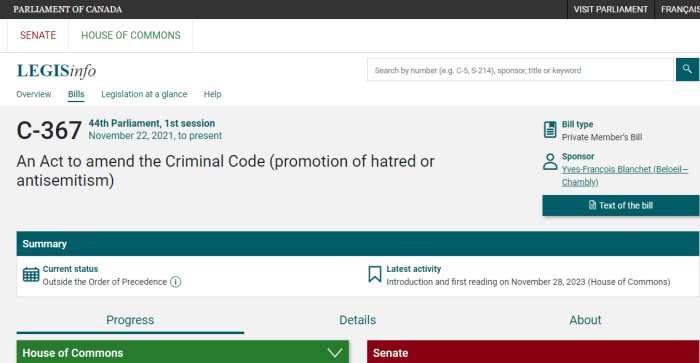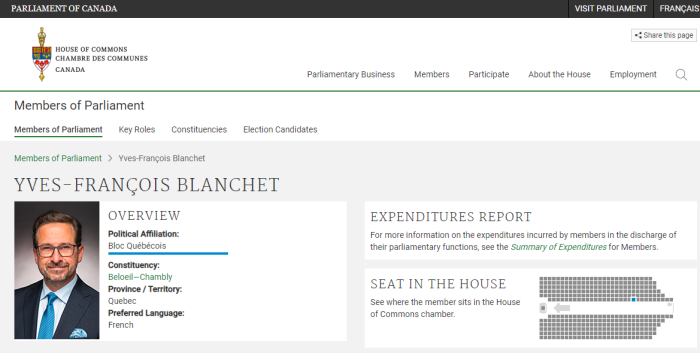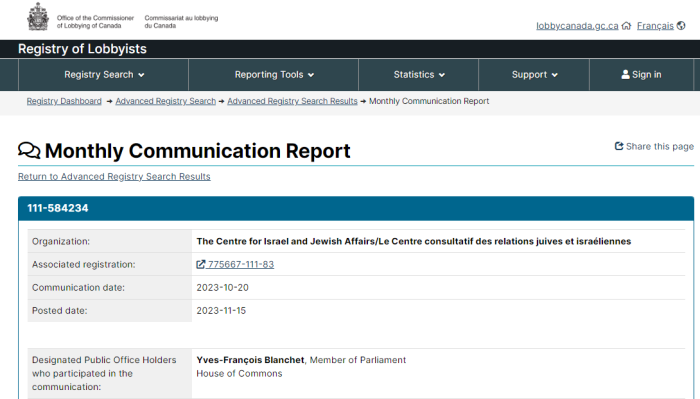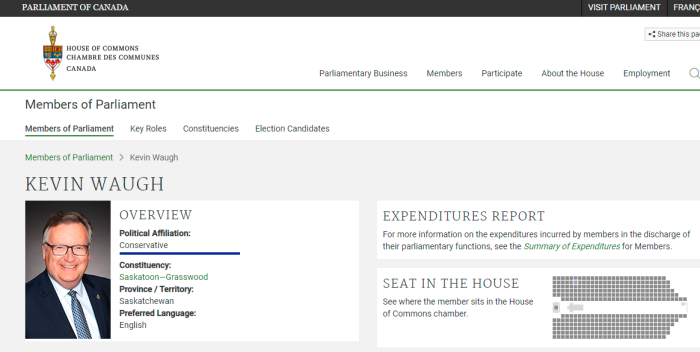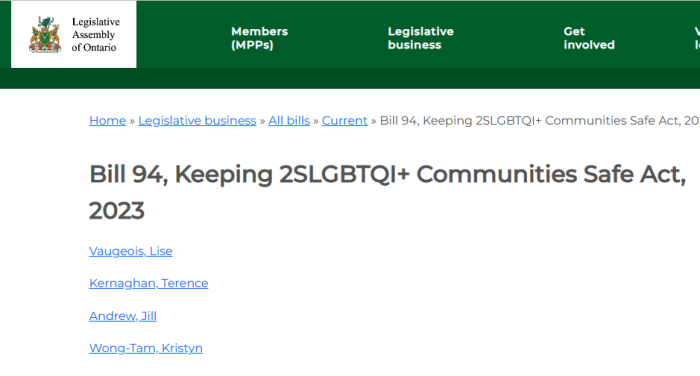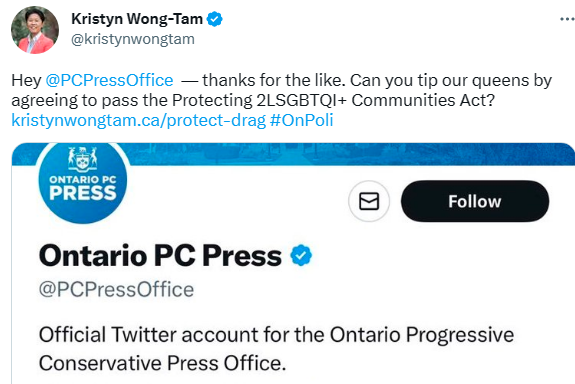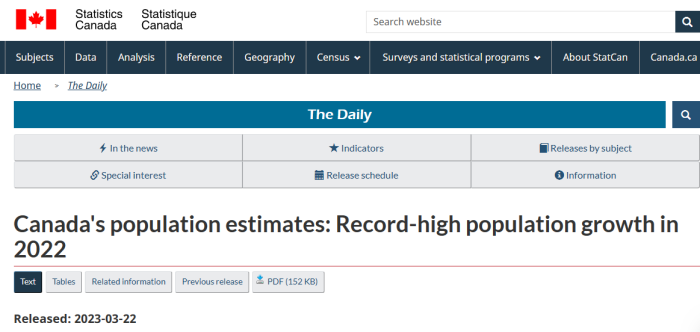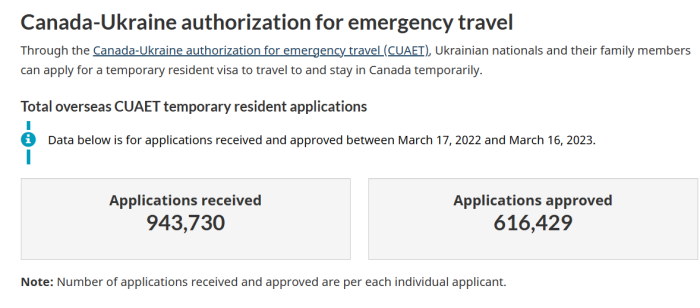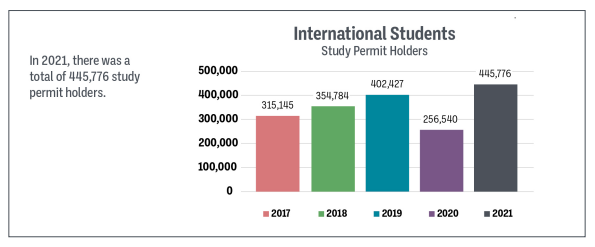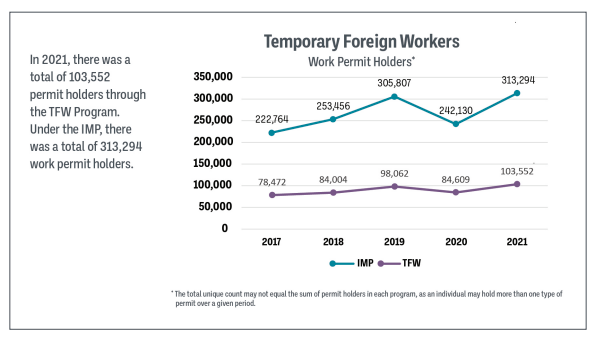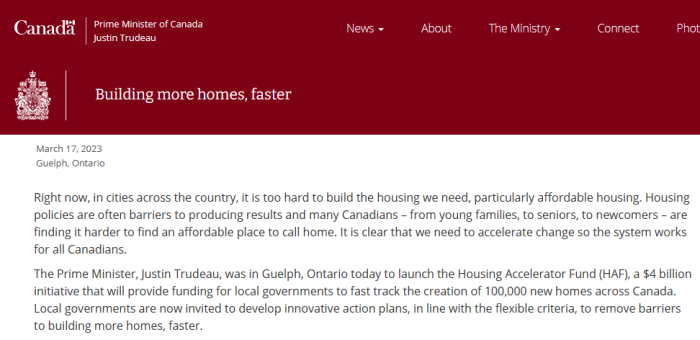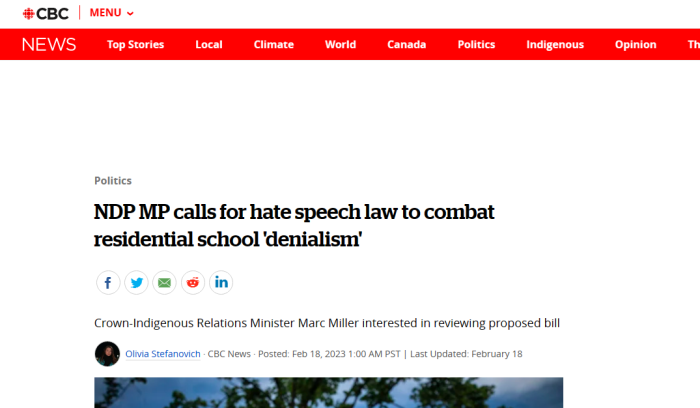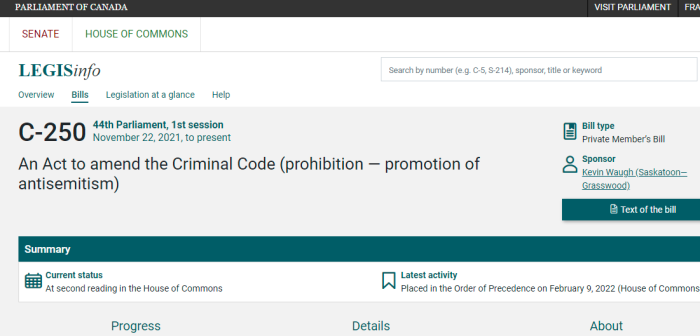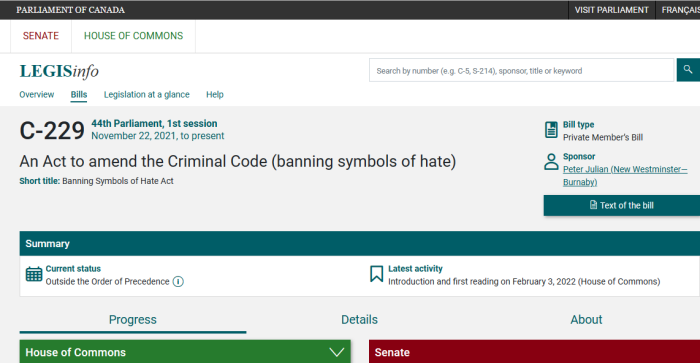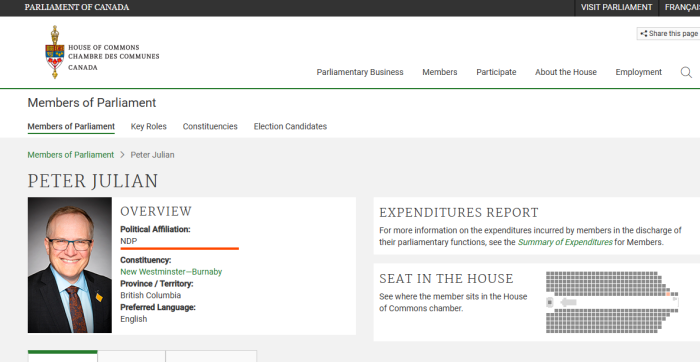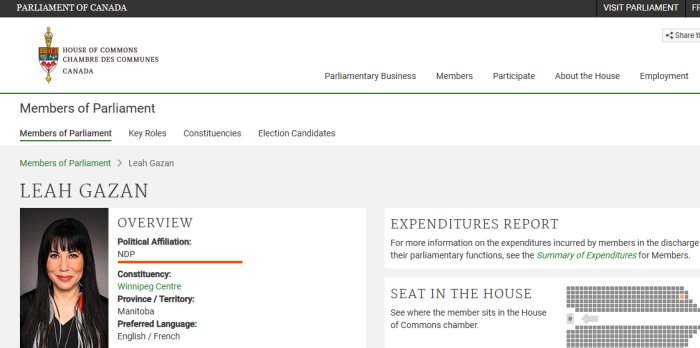

A year ago, NDP Member of Parliament for Winnipeg Centre, Leah Gazan, made the news with calls to formally make illegal so-called residential school “denialism”.
October 2022, she got a Motion passed unanimously to formally recognize that genocide had taken place at residential schools in Canada.
In any event, recent tweets, here and here, shine light on her rationale for doing this. She draws a parallel between Holocaust denial, and this. And her solution is exactly the same: to make it illegal to publicly deny that it happened.
This Canadian Jewish Heritage Month, I commemorate my grandfather, David Gazan, who served in the Dutch Army during WWII, my grandmother, Gina Gazan, a concentration camp survivor, and my father, Albert Gazan, a Holocaust survivor and lifelong peace activist. (1/2)
We must stand together against rising antisemitic rhetoric and hate groups. We must remember the lessons of the Holocaust and the legacy of hate and discrimination that allowed it to happen. Never again means never again for anyone. (2/2)
However, Gazan posts this on her website, which really throws things for a loop.

Urgent Action Needed on the Humanitarian Crisis in Palestine
Israel’s devastating bombardment of Gaza following the horrific Oct. 7 attack by Hamas on Israeli civilians has led to a humanitarian crisis that requires immediate action. At the time of writing, more than 22,000 people are confirmed killed in Gaza, more than 58,000 injured, and another 7,000 are missing under the rubble. Nearly half of those killed in Gaza were children, and 79 journalists and media workers have been killed. 1.9 million have been displaced by the destruction of critical infrastructure.
The Israeli blockade on fuel, food, water, and medicine is causing dehydration, starvation, and the unmitigated spread of disease among civilian populations. Women are being forced to give birth without electricity or medication, and surgeries are being performed without anesthesia.
For decades, Palestinians have been subjected to occupation, eviction from their homes, the annexation of their land, and the expansion of illegal settlements.
Even though Gazan supports criminalizing the act of “Residential School denialism”, and presumably “Holocaust denial” as well, she openly calls out what’s been going on for decades by Israel.
It’s also interesting that Gazan repeatedly denounces antisemitism. Such comments about Israel and the Middle East lead to similar accusations about her. She’s often labelled a Hamas sympathizer.
April 30th, Gazan retweeted António Guterres, Secretary-General of the United Nations. Concerning the Middle East, he stated: “Independent investigators must be allowed immediate access. The families of the dead have a right to know what happened”. That certainly sounds reasonable, but by Gazan’s own standards, such comments would be hate speech if said in Canada.
She calls out genocide, but wants to make it illegal to question?!
Gazan also promotes her own Bill C-223, which would establish a framework for U.B.I., or universal basic income. Seems a bit odd that she wants a country that she alleges committed genocide to provide everyone with free money.
Last year, Gazan publicly called for the Federal Government to “protect and uphold the right to travel for refugees and former refugees”. Bearing in mind that they’re already free to move within Canada, this presumably means the freedom to visit other countries. Or to return to where they’re being persecuted. She also references 2020/2021, when Canadians weren’t free to travel.
Gazan is an enthusiastic supporter of abortion and women’s rights. While supporting social programs for children, it’s also a human right to terminate pregnancies at will.
Gazan is definitely a hard one to figure out.
Will “conservatives” take a principled stand on free speech? Doubtful. In 2022, Kevin Waugh introduced Bill C-250 to JAIL Holocaust deniers. It was also proudly displayed on the CPC website, but later removed. See the archive. But because of Division 21 in Bill C-19, Waugh’s version soon became redundant. As for these specific efforts:
Conservative Leader Pierre Poilievre’s spokesman Sebastian Skamski has not yet responded to a request about whether the Tories would support a push to criminalize residential school denialism.
When asked specifically about criminalizing “residential school denialism”, Poilievre hasn’t given a straight answer. There was no indignation at such an attack on free speech. But if he were logically consistent, he’d support such legislation.
We’ll have to see if it ever actually emerges. For now, it’s just talk. However, that can change quite quickly, and can always be buried in an omnibus bill.
(1) https://twitter.com/LeahGazan/status/1585726302044229632
(2) https://www.cbc.ca/news/politics/should-residential-school-denialism-declared-hate-speech-1.6744100
(3) https://twitter.com/LeahGazan/status/1786107789196288306
(4) https://twitter.com/LeahGazan/status/1786107791511601274
(5) https://www.leahgazan.ca/palestine_feedback
(6) https://twitter.com/antonioguterres/status/1785394742391402660
(7) https://www.leahgazan.ca/support223
(8) https://www.parl.ca/legisinfo/en/bill/44-1/c-223
(9) https://www.leahgazan.ca/right_to_travel
(10) https://www.leahgazan.ca/statement-fredericton-abortion-clinic-closure
(11) https://www.parl.ca/legisinfo/en/bill/44-1/c-250
(12) https://www.parl.ca/DocumentViewer/en/44-1/bill/C-19/royal-assent
(13) https://www.ctvnews.ca/politics/special-interlocutor-waiting-for-mp-bill-criminalizing-residential-school-denialism-1.6661615

